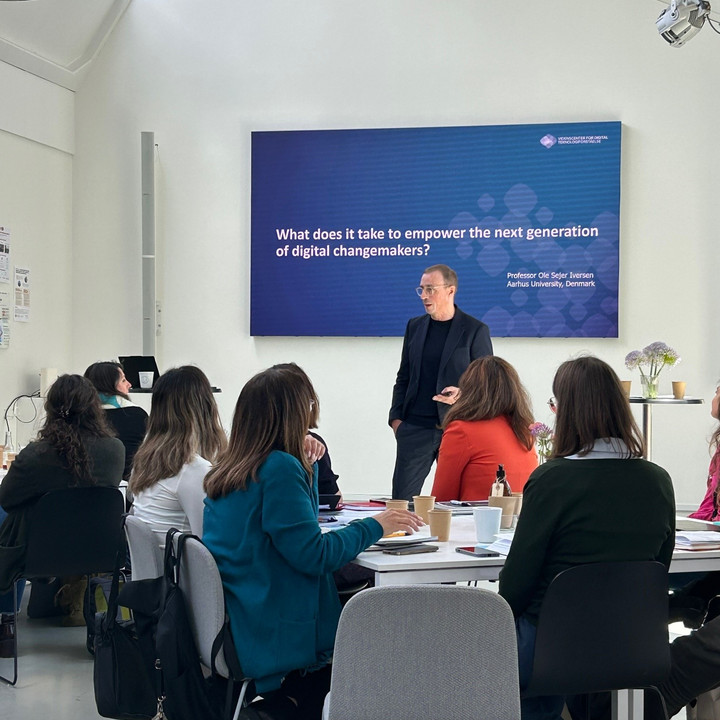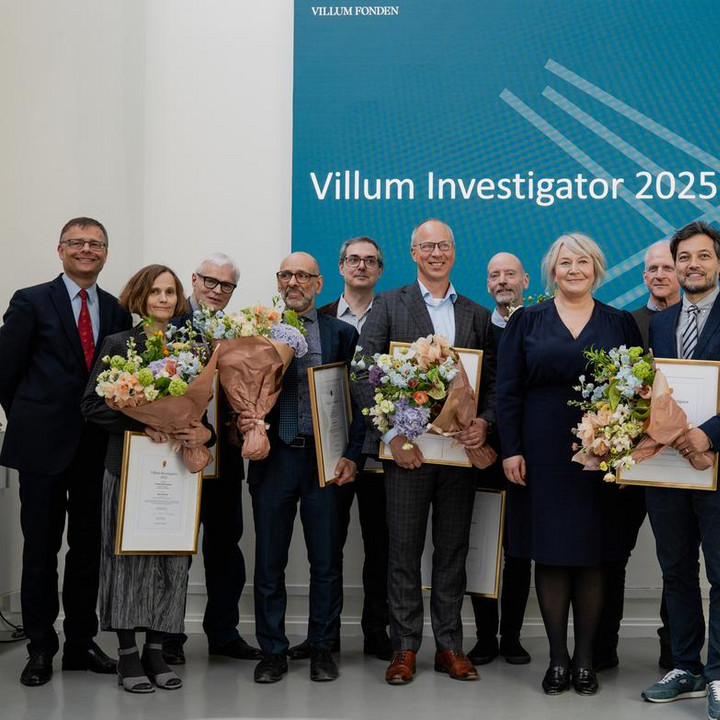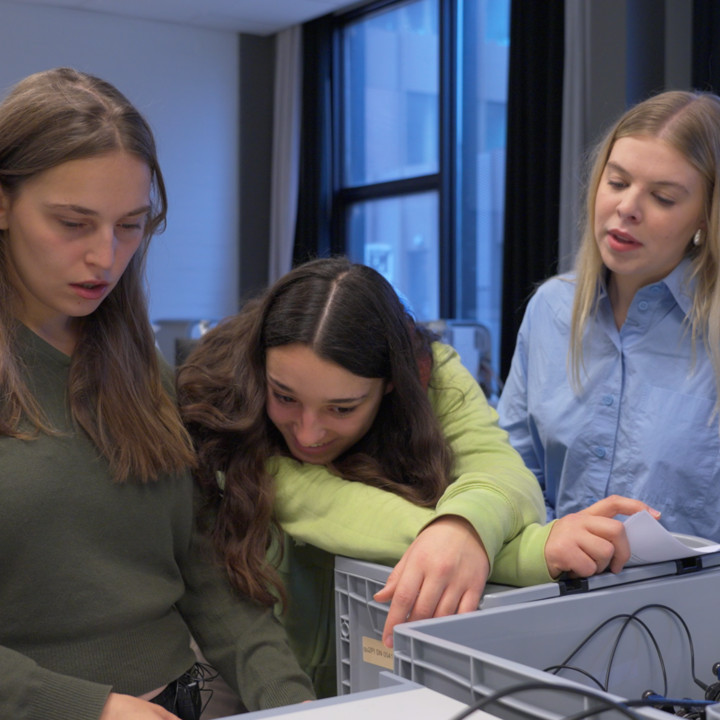Perturbing self-other dynamics in social interactions using two-brain stimulation
Project description
Social interactions rely on the effective processing of information related to us and to others involved in the interaction. Despite their relevance, self-other dynamics are still poorly understood. Recently, using mathematical models of coupled oscillators, it has been proposed that different patterns of social coordination might reflect different levels of coupling to oneself or to the other. Here, to causally examine self and other coupling effects on coordination dynamics, a novel framework of non-invasive two-brain stimulation will be delivered via transcranial alternating current stimulation (tACS), such that neural oscillations between brain areas of the same person (self-coupling) or between persons (other-coupling) will be entrained. Results will be crucial for understanding neural mechanisms underlying social interaction and could open potentials for novel technologies of social enhancement.



